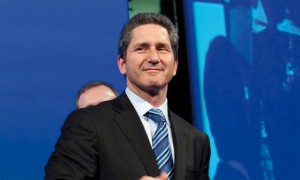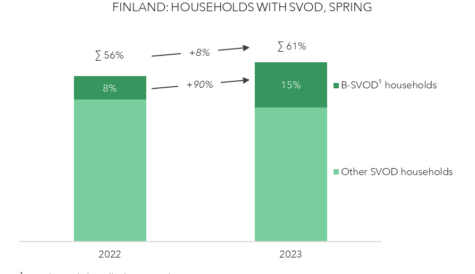
After more than 40 years of operation, DTVE is closing its doors and our website will no longer be updated daily. Thank you for all of your support.
Netflix and Liberty Global clash over net neutrality
The CEOs of Netflix and Liberty Global have clashed over the topic of net neutrality, arguing over who should meet the costs and what regulation is required for video internet traffic.
Speaking on a joint panel at the CTAM EuroSummit in Copenhagen on Friday, Liberty Global boss Mike Fries questioned whether web content companies should help foot the bill of delivering web video, while Netflix chief Reed Hastings said it would only do so if the likes of Liberty Global helped pay its content costs.
“All of our peering arrangements for the last decade are handshake deals. We make deals with other peering companies, and we get the content to the consumers when they need it,” said Fries.
“For years and years, two guys shake hands and then all of a sudden one guy comes with three backpacks and four bags of luggage. Shaking the hand is now requiring a lot more, because he’s carrying more. How do you share that cost?”
Hastings responded by saying: “There’s a legitimate argument, which is: ‘Hey Netflix, you’re using 30% of the internet, you ought to pay some of the cost’. It’s a good sound bite. But on the other hand, with TCP and consumer firewalls, we look at it and say ‘we aren’t using anything’.
“Consumers are choosing Netflix and if we’re supposed to pay some of the cost of the network, maybe we should get some of the broadband revenue. So we say playfully to Mike, we’ll pay 10% of your network costs if we get 10% of broadband revenue. Or we’ll pay 10% of your network costs if you want to pay 10% of our content costs.”
While Fries argued against regulator intervention in the matter, Hastings said that should only be the case if a market rate was set around interconnect.
The two agreed that the issue was important for the future of the industry, even though Hastings conceded that “the crazy thing in this whole debate is the actual amount of money being talked about is trivial to both of us – but we’re both worried on both sides about the precedent and what does it mean in the longterm?”



